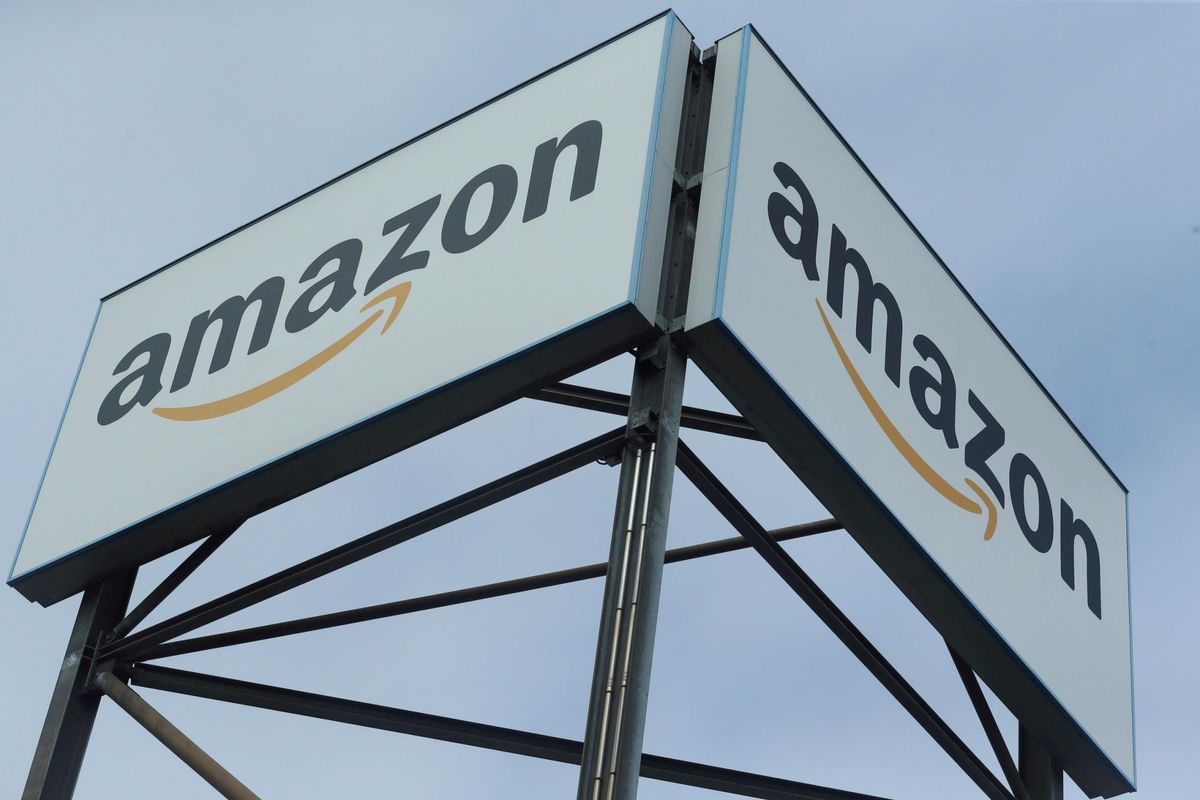Are Amazon, Disney, Facebook and Google monopolies?

A few minutes every morning is all you need.
Stay up to date on the world's Headlines and Human Stories. It's fun, it's factual, it's fluff-free.
The most recent attack against monopolies has come in the form of a bill in Congress that deals with Amazon’s monopoly on e-commerce.
- Monopoly – it’s more than a board game with a shoe and a dog racing around historic landmarks. It’s a real problem that has existed since the Industrial Revolution.
- Whether that’s Disney owning more than a third of the film industry or Cornelius Vanderbilt’s railroad empire, monopolies have faced government and public scrutiny since the late 19th century.
- Amazon has recently come under fire as lawmakers push to pass the Ending Platform Monopolies Act which will help prevent Amazon from taking control of the e-commerce market.
What exactly is a monopoly?
- A monopoly is when a single person or business is the sole provider of a good or service.
- Think of the board game – the goal of the game is to buy out the other players’ properties and force them out of the game by taking control of the board. That’s exactly how a monopoly works.
- Monopolies were a real problem during the Industrial Revolution in the 19th century when American business moguls such as Andrew Carnegie, John D. Rockefeller and Cornelius Vanderbuilt held complete control over industries such as steel, oil and railroads.
- In order to stop these monopolies from holding complete control over the market, Ohio Senator John Sherman proposed the Sherman Antitrust Act in 1890 which would force companies to break into smaller parts should they grow too big while also placing restrictions on them.
- For example, the Sherman Act says that competing individuals or businesses can’t fix prices, divide markets, or attempt to rig bids.
Did the Sherman Act stop monopolies from existing?
- Not exactly, because much like how America’s wealthiest individuals find legal loopholes to avoid paying taxes, many large companies find legal ways to not be considered a monopoly.
- For instance, the five most popular social media apps in the world are Facebook, YouTube, WhatsApp, Facebook Messenger and Instagram.
- Despite laws to prevent monopolies from forming, such as the Sherman Antitrust Act, Facebook owns all of these apps other than YouTube.
- So with control of four of the five most popular social media apps, Facebook could very well be considered a monopoly according to the Federal Trade Commission (FTC), which is seeking to sue the company in a historic lawsuit.
Is Facebook the only modern monopoly?
- Not even close, because companies such as The Walt Disney Company, Google and Amazon are also facing criticism for monopolistic practices.
- In 2019, Disney purchased 20th Century Fox. This pushed the company into monopoly territory because it now owned a third of the film industry.
- Google is currently facing a lawsuit from the Department of Justice (DOJ) for monopolistic practices like paying companies such as Apple US$12 billion to ensure that the company promotes Google as their default search engine.
- Despite paying other companies to promote their search engine, Google believes that users want to use their search engine. In a blog post, Kent Walker, the company’s senior vice president for global affairs and its chief legal officer, stated that “people don’t use Google because they have to, they use it because they choose to.”
- The most recent attack against monopolies has come in the form of a bill in Congress that deals with Amazon’s monopoly on e-commerce.
What is Amazon’s monopoly?
- On June 11, Democratic Representative Pramila Jayapal proposed a bill that would prevent Amazon from making sellers pay for preferential treatment on their web store. The district Jayapal represents includes much of Seattle, where Amazon is headquartered.
- While you may think that sellers don’t have to use Amazon to sell their product, consider that 41% of every dollar spent on online purchases in the US is spent on Amazon’s website.
- Nearly 85% of all sellers on the website use Amazon’s fulfillment services, which provides preferential treatment to the sellers including promotions of the seller’s warehouses, delivery and promotions on the website.
- “The bipartisan Ending Platform Monopolies Act requires dominant platforms including Amazon to divest lines of business — such as Fulfillment by Amazon — where the platform’s gatekeeper power allows it to favor its own services,” said a spokesperson for Jayapal. “Numerous third-party sellers reported feeling that they had no choice but to pay for Fulfillment by Amazon in order to sell their products.”
What comes next for Amazon?
- With Google being sued by the DOJ, the FTC’s impending lawsuit against Facebook, and Amazon being targeted by lawmakers, big tech companies are facing intense scrutiny from government officials.
- Amazon has already responded to legislation currently in Congress and the company claims that if the fulfillment services provided by Amazon were to be removed, it would prove to be detrimental to sellers.
- “We are still analyzing the bills, but from what we can tell so far, we believe they would have significant negative effects on the hundreds of thousands of American small- and medium-sized businesses that sell in our store, and tens of millions of consumers who buy products from Amazon,” Brian Huseman, Amazon’s vice president of public policy, said in a statement on June 22.
Have a tip or story? Get in touch with our reporters at tips@themilsource.com




Comments ()